Organic farming has gained significant popularity in recent years as more people opt for natural and sustainable food options. However, one of the challenges faced by organic farmers is pest control without the use of harmful chemicals. In this article, we will explore various pest control methods that are safe for organic farming, ensuring the health and integrity of the crops while maintaining the principles of organic agriculture. From biological control to integrated pest management, we will provide valuable insights and recommendations to help organic farmers effectively tackle pests without compromising their commitment to environmentally-friendly practices.
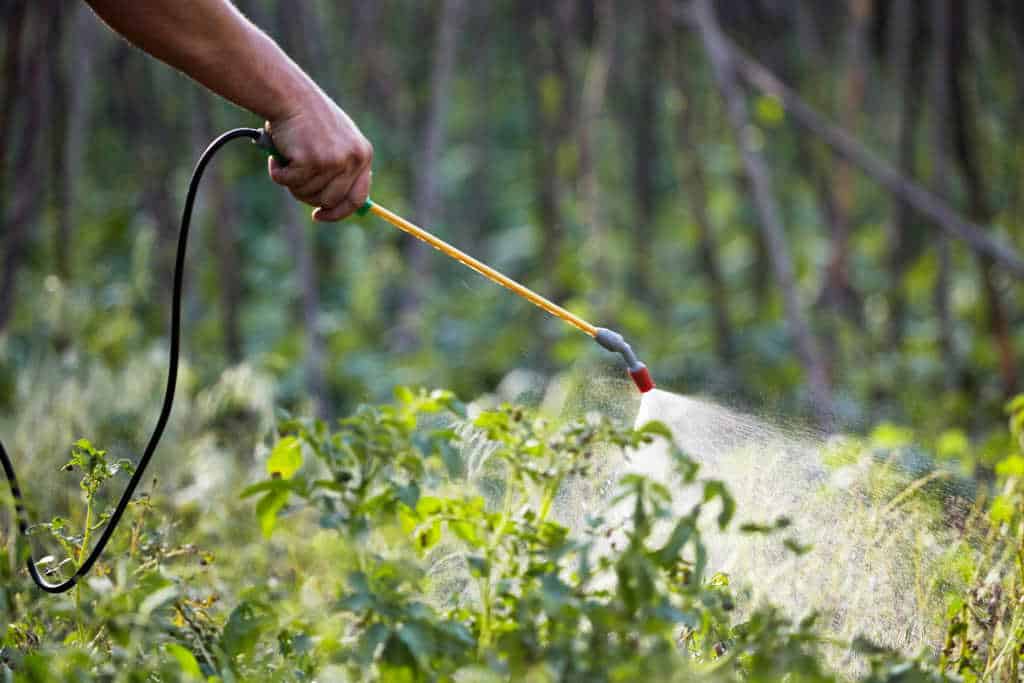
Introduction
What is organic farming?
Organic farming is an agricultural method that emphasizes the use of natural and renewable resources while minimizing the use of synthetic chemicals. It focuses on working in harmony with nature to produce healthy crops without harming the environment. Organic farmers avoid the use of synthetic fertilizers, genetically modified organisms (GMOs), and synthetic pesticides, relying instead on techniques that promote soil health, biodiversity, and ecological balance.
Why pest control in organic farming is important
Pest control is crucial in organic farming because it helps manage and minimize the damage caused by pests without compromising the principles of organic agriculture. Organic farmers face unique challenges when it comes to pest management, as they cannot rely on synthetic chemical pesticides and must seek alternative methods that are safe for human health, wildlife, and the environment. Effective pest control in organic farming ensures the production of high-quality, pest-free crops, leading to increased yields and overall farm profitability.
Integrated Pest Management (IPM)
Understanding IPM principles
Integrated Pest Management (IPM) is a holistic approach to pest control that aims to minimize pest damage by using a combination of techniques and strategies. It emphasizes the prevention, monitoring, and control of pests, while considering the impacts on human health, beneficial organisms, and the environment. IPM relies on a thorough understanding of pest biology, ecology, and behavior to implement effective and sustainable pest management practices.
Benefits of IPM in organic farming
IPM offers several benefits for organic farmers. By integrating various pest control strategies, IPM reduces the dependence on chemical pesticides, thus minimizing potential risks to human health and the environment. It promotes long-term pest suppression by targeting the underlying causes of pest problems, such as habitat modification and cultural practices. Additionally, IPM encourages the conservation of beneficial insects and promotes overall ecosystem health, enhancing the natural balance within the farm.
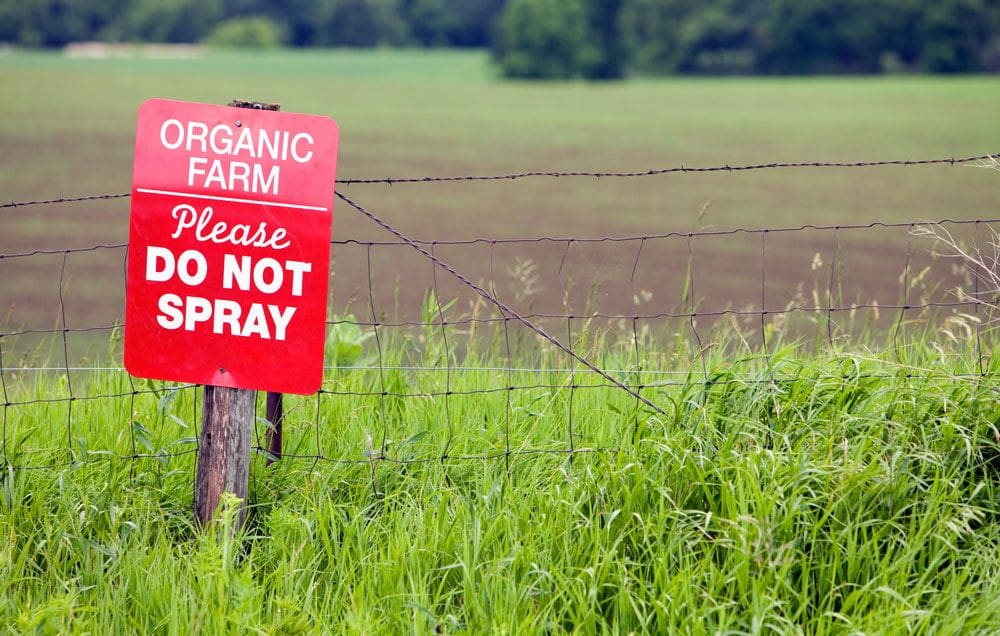
Preventive Measures
Crop rotation and diversification
Crop rotation and diversification are essential preventive measures in organic farming. By rotating crops, farmers disrupt the lifecycle of pests that are specific to certain plants, effectively reducing their populations. Diversifying crops in the farm landscape also makes it less attractive to pests, as different plant species may not provide suitable conditions for pests to thrive. This practice helps prevent the buildup of pests and diseases and reduces the risk of crop failure.
Implementing good agricultural practices
Implementing good agricultural practices (GAPs) is crucial for pest prevention in organic farming. These practices include proper soil management, adequate irrigation, timely planting, and optimal nutrient management. By creating a healthy and balanced growing environment, farmers can ensure the vigor and resilience of their crops, making them less susceptible to pest attacks. Additionally, regular inspection and maintenance of farm infrastructure, such as fencing and irrigation systems, can help prevent pests from entering and causing damage.
Using resistant crop varieties
Selecting and planting resistant crop varieties is another effective preventive measure in organic farming. Resistant varieties have genetic traits that make them less susceptible to certain pests and diseases. By incorporating these varieties into their farming systems, organic farmers can significantly reduce the need for pest control measures. The use of resistant crop varieties not only provides natural protection but also promotes biodiversity and helps maintain a healthy agroecosystem.
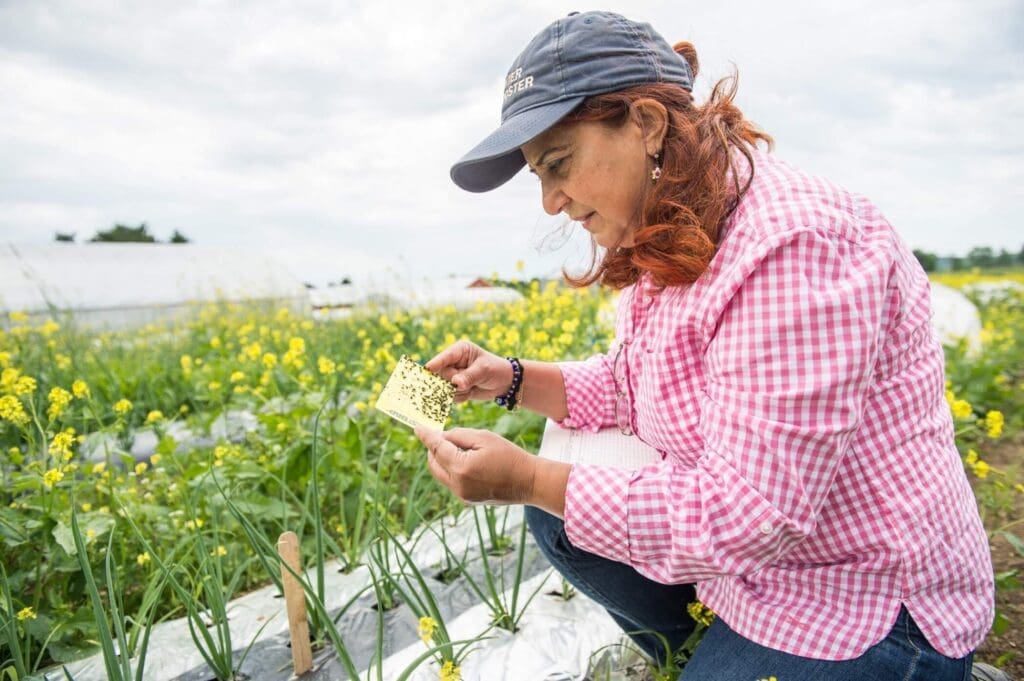
Cultural Controls
Practices for promoting beneficial insects
Promoting beneficial insects is a cultural control strategy widely used in organic farming. These insects, such as ladybugs, lacewings, and parasitic wasps, can help regulate pest populations by feeding on or parasitizing them. To attract and retain beneficial insects, farmers can create suitable habitats by planting flowering plants, providing shelter, and reducing pesticide use. Providing a diverse range of flowering plants throughout the farm helps ensure a year-round supply of nectar and pollen for beneficial insects, enhancing their presence and efficacy as natural pest control agents.
Trap cropping
Trap cropping is a cultural control method that involves planting specific crop varieties in strategic locations to attract pests away from the main crop. By using plants that pests prefer, farmers can lure them away, reducing damage to the main crop. Trap cropping can be particularly effective when combined with other pest control strategies, such as the use of beneficial insects or physical barriers. It not only helps manage pest populations but also offers an opportunity to diversify farm production and maximize yield potential.
Mulching and companion planting
Mulching and companion planting are cultural control practices that promote a healthy and diverse agroecosystem. Mulching involves covering the soil with organic materials, such as straw or leaves, to suppress weeds, conserve moisture, and regulate soil temperature. This practice creates a favorable environment for beneficial soil organisms, which can help control pests and diseases. Companion planting, on the other hand, involves growing different plant species together to create mutually beneficial relationships. Certain plant combinations can deter pests or attract beneficial insects, contributing to pest control efforts in organic farming.
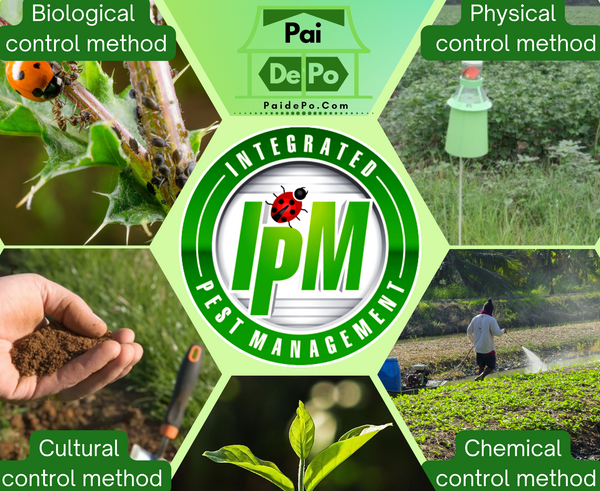
Mechanical and Physical Controls
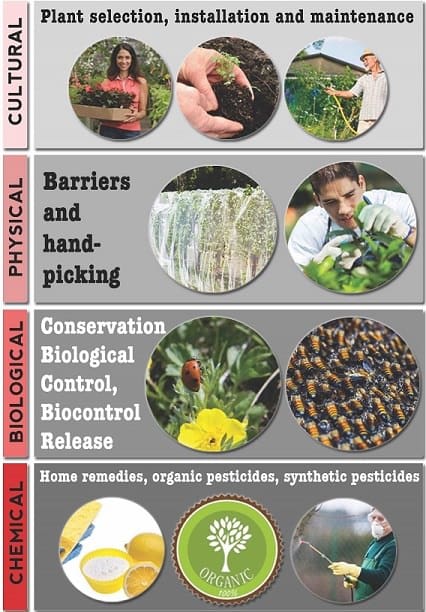

I am Randy, the author behind PestControld.com. Drawing from decades of experience, I aim to provide valuable insights, expert advice, and practical recommendations to help you make informed decisions when assessing viable pest control solutions.